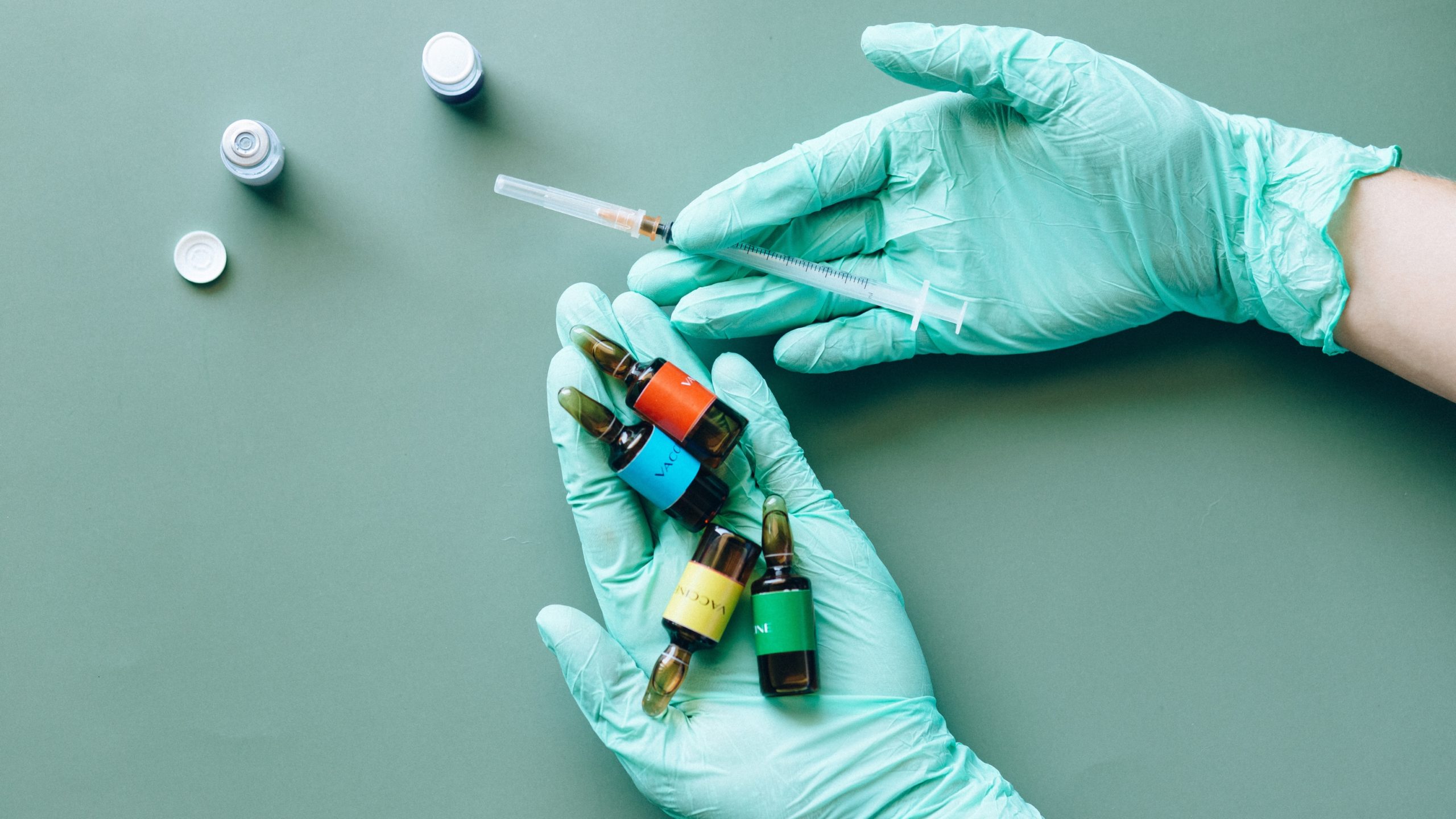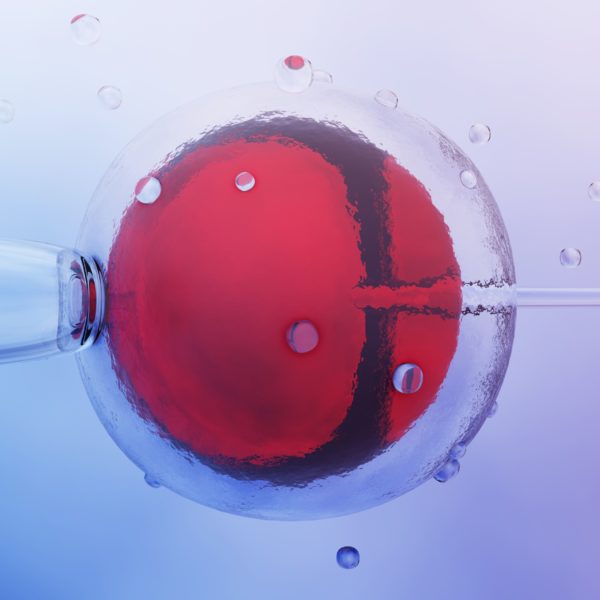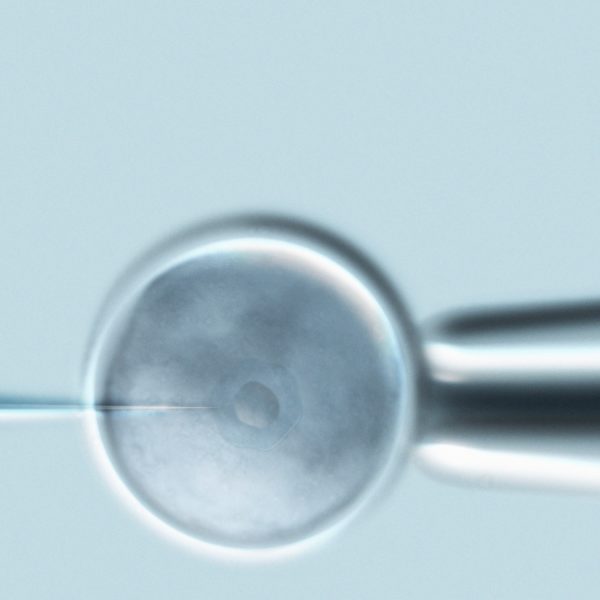Female infertility is a condition that prevents a woman from becoming pregnant due to problems with her eggs, making fertilisation difficult or impossible. Although the symptoms of infertility vary from woman to woman, women are often unaware of their infertility until they undergo fertility testing.
In this article, we will explore the main causes of female infertility, common symptoms, how it is diagnosed, and what treatments are available to help women fulfil their dream of becoming mothers.
Table of contents
1. Female sterility and infertility
Although in many cases the terms sterility and infertility are used interchangeably, it is important to differentiate between them:
- Female sterility: The inability to conceive due to problems with fertilisation. This may involve the inability of the egg and sperm to unite, or the embryo failing to implant in the uterus.
- Female infertility: In this case, fertilisation occurs, but the pregnancy does not reach full term due to various factors. This can lead to miscarriages.
Both conditions affect reproductive capacity and require appropriate treatment to overcome the challenges they present.
📌 Do you have questions about whether you might have difficulty conceiving?
Our medical team can help you identify the source of the problem and advise you from your first visit. Discover all our fertility treatments
2. Common causes of female infertility
The causes of infertility in women can be diverse and often combine. Here are some of the most common:
2.1 Problems with egg production
The ovulatory cycle is regulated by hormones such as GnRH, FSH, LH, progesterone and oestradiol. Changes in these levels can cause problems such as:
- Anovulation: Absence of ovulation.
- Ovulation disorders: The egg is released at unexpected times.
- Poor egg quality: The ovary does not produce quality eggs.
2.2 Abnormalities in the fallopian tubes
The fallopian tubes are essential for fertilisation, as the egg must be fertilised inside them. If the tubes are blocked, pregnancy is not possible. Common causes of blockage include infections, endometriosis or previous surgery.
2.3 Cervical factor
The cervix also plays a key role in fertility. If there are obstructions in the cervix, such as polyps or fibroids, the sperm may not be able to reach the egg. In addition, changes in cervical mucus can hinder the process.
2.4 Uterine abnormalities
Malformations in the uterus, such as the presence of polyps, fibroids or cysts, can affect a woman’s ability to become pregnant.
2.5 Other causes
There are additional factors that can cause female infertility, such as:
- Infertility of unknown origin: No specific cause can be identified.
- Immune infertility: Presence of antibodies that hinder pregnancy.
- Psychological factors: Stress and other emotional factors can make pregnancy difficult.
- Vaginal problems: Vaginismus can make penetration and ejaculation difficult.
3. Common symptoms of female infertility
The symptoms of female infertility vary depending on the underlying cause. In some cases, there are no obvious symptoms, while in others there may be:
- Menstrual irregularities or absence of menstruation (amenorrhea).
- Pain or discomfort during sexual intercourse or when trying to conceive.
- Hormonal problems, such as acne or excess hair, which could indicate an underlying hormonal disorder.
It is essential to see a specialist if you experience menstrual changes or persistent pain in order to obtain a proper diagnosis.
4. Infertility and a woman’s age
As a woman ages, her ovarian reserve decreases, which directly affects her fertility. From the age of 35, female fertility begins to decline significantly, and from the age of 40, the chances of natural pregnancy are considerably lower.
It is important to note that although natural pregnancy becomes more difficult with age, assisted reproductive techniques can be an excellent option for overcoming the challenges presented by infertility.
⏳ Age is a key factor in female fertility, but there are effective medical solutions. Learn about fertility preservation and IVF options with egg donation.
5. Treatments available for female infertility
Treatment for infertility depends on the underlying cause. Some of the options available include:
- Timed intercourse: Ideal for young women with mild infertility or ovulation problems.
- Artificial insemination (AI): Used when there is poor sperm quality or problems with the fallopian tubes.
- In vitro fertilisation (IVF): When other options have been unsuccessful, IVF may be the solution.
- Egg donation: In cases where the woman does not have viable eggs, donor eggs may be an option.
Each of these treatments must be personalised, as what works for one person is not always suitable for another.
6. Frequently asked questions about female infertility
Could my age cause fertility problems?
Yes, age is one of the most decisive factors in female fertility. As a woman ages, the quantity and quality of her eggs decreases.
How can I tell if I am infertile?
To determine infertility, hormone tests, ultrasounds and, sometimes, a karyotype are performed to detect genetic abnormalities.
Do you have any questions?
At Rainbow Fertility, we specialise in treatments such as egg donation, in vitro fertilisation and artificial insemination, among others.
7. Authors and contributors
This article was written by the medical team specialising in fertility at RainbowFertilityBarcelona.com, which is made up of gynaecologists, embryologists and assisted reproduction specialists.
Do you have any questions or need more information?
Schedule a consultation with us at Rainbow Fertility and discover how we can help you. At Rainbow Fertility, we specialise in treatments such as egg donation, in vitro fertilisation and artificial insemination, among others.
Please do not hesitate to contact our professionals at our fertility clinic and they will answer all your questions without obligation.
🌈 Are you ready to take the first step?
At Rainbow Fertility, we accompany you throughout the process with empathy, experience and medical commitment.
Schedule your appointment with us and start your journey towards fertility.













